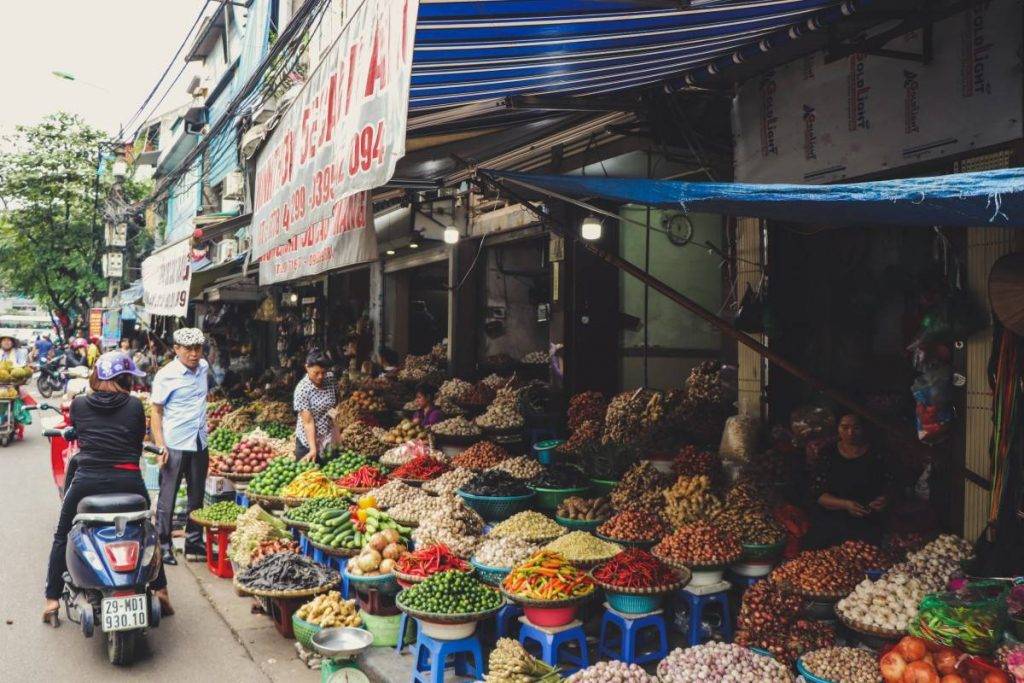Medical Channel Asia presents the weekly Asian medical news bulletin, bringing you essential healthcare news from across the region.
In this week’s bulletin, we cover health problems for an oil spill in the Philippines, e-cigarette use by Vietnamese teens and obesity in Thailand.
Philippines
Last week, an oil tanker sank off the coast of Naujan, Oriental Mindoro province in the Philippines due to engine problems and rough seas. The 20 crew members were rescued, but the tanker’s cargo of 800,000 liters of industrial oil leaked. It has spread to coastal waters near more than 60 villages, endangering marine life, fishermen’s livelihoods and tourism incomes. The oil spill has caused health problems for local residents, including cramps, vomiting, and dizziness. Officials have imposed a curfew for those under 21 in Pola town and declared a state of calamity while monitoring air and water toxicity.
Singapore
The number of cases of conjunctivitis in Singapore has increased, possibly due to the relaxation of Covid-19 restrictions. Parkway Shenton, a healthcare group, has reported treating more patients in recent weeks. Also, polyclinics logged an average of 76 cases per day for the week ending February 25th. A virus or bacteria causes the condition and it spreads through contaminated hands or airborne droplets. While viral conjunctivitis usually clears up by itself, a bacterial infection may require antibiotic eye drops. To avoid catching or spreading the condition, people should practice good hygiene, avoid touching their eyes, and avoid sharing personal eyecare products.
Singapore is also offering a $20 voucher incentive for early sign ups to the voluntary Healthier SG Programme.
Thailand
The Health Ministry in Thailand has reported that nearly 10% of children in the country are clinically obese, and that the situation could worsen if nutritional awareness is not improved among young people. The ministry’s Health Data Centre found that 9.1% of children aged between 0 and 5 are overweight for their age, rising to 13.4% for those aged between 6 and 14, and 13.2% in the 15 to 18 age group. A report on Thai children’s diets found that almost one third consumed sweet snacks and drinks every day, and 30% selected food based on personal preference. Between 2020 and 2035, the World Obesity Federation expects childhood obesity rates to double.
Thailand is also set to increase the monthly allowance for village-based health volunteers nationwide, from 1,000 to 2,000 baht. The move hopes to boost morale amid their increased workload. It will be in effect from October.
Malaysia
Kuala Lumpur has the highest number of people suffering from anxiety and depression in Malaysia, according to Health Minister Zaliha Mustafa. A study screening 336,900 individuals found that the most vulnerable were in the bottom 40% of the country’s income bracket and the urban poor. Individuals cited cost-of-living concerns and relationship problems as reasons for mental health issues. Furthermore, financial and relationship problems are among the main factors causing mental health issues in teens and young people. The minister said 1,161 government clinics, 58 hospitals, and 34 community mental health centres in the country carry out preventive action, early detection, and rehabilitation for mental health issues.
Vietnam
E-cigarette use among Vietnamese teens has increased, with 3.5% of 13-15 year olds using e-cigarettes in 2022, up from 2.6% in 2019, according to the Ministry of Health. Indonesia and the Philippines rank higher than Vietnam for smoking prevalence in Southeast Asia, with Vietnam in third place. Almost half of adult males in the country are smokers. Additionally, around 40,000 people die each year from smoking-related diseases. Also, in public places, smokers in Vietnam expose non-smokers to second-hand smoke.. The World Health Organization has recommended increasing taxes on tobacco as a solution. Vietnam’s tobacco tax is among the lowest in the region. The Ministry of Finance is seeking public consensus on raising the special consumption tax on tobacco, beer, alcohol, and sweetened drinks to tackle health issues.
Indonesia
The ongoing efforts to reform Indonesia’s healthcare system after the Covid-19 pandemic may face obstacles this year, according to a report by the Center for Indonesia’s Strategic Development Initiatives (CISDI). The report predicted that the healthcare system’s reform would slow down in 2023. It is attributed to the country’s entering the political year and the government directing funding towards elections. In addition, they cite unfinished infrastructure projects, including the development of the new capital.

